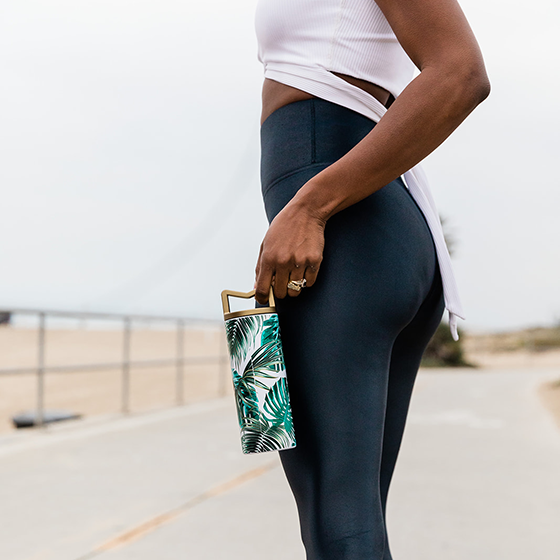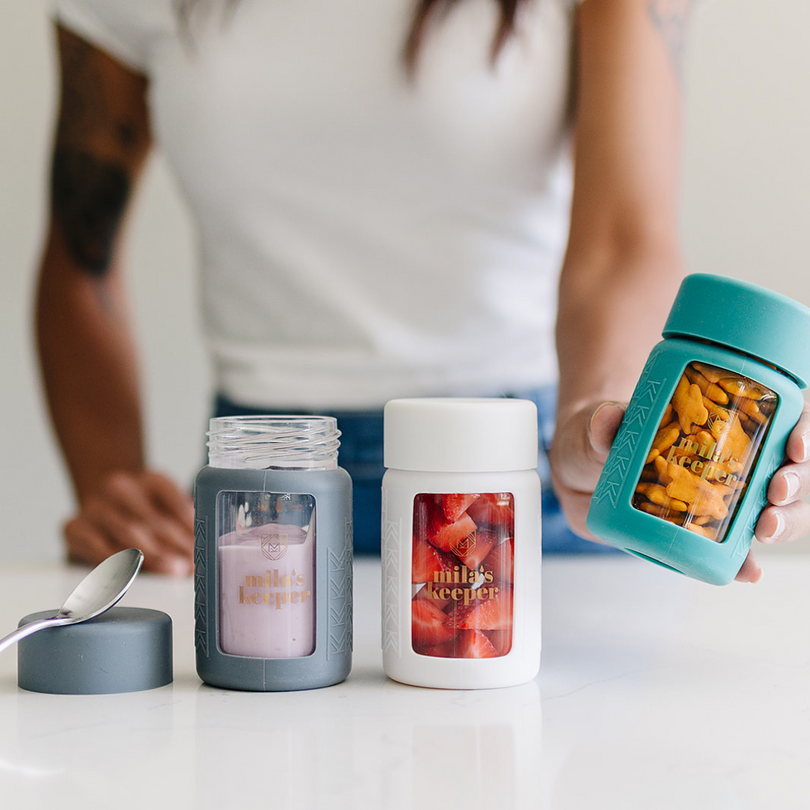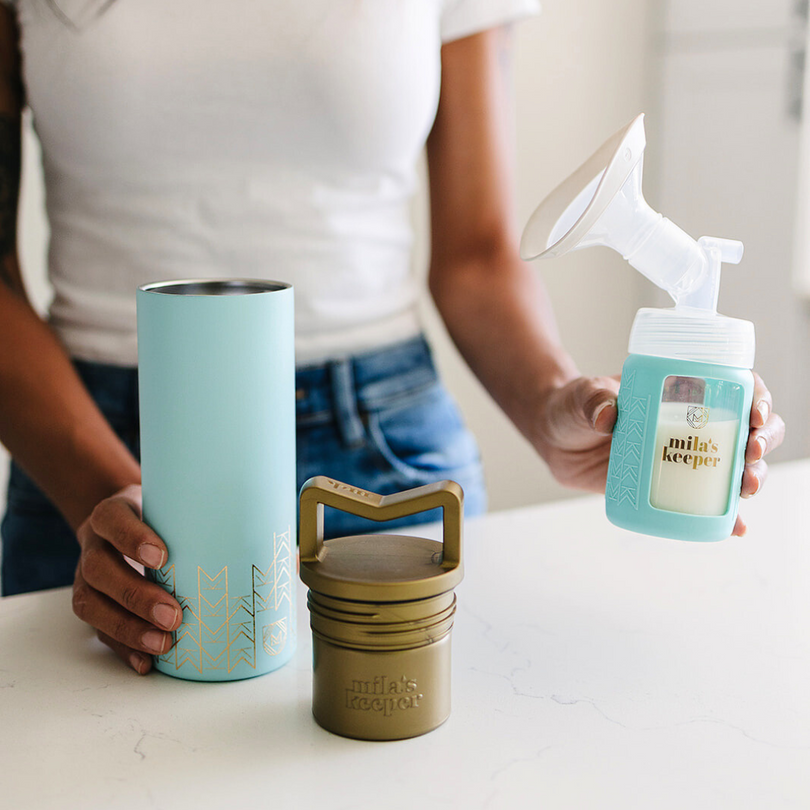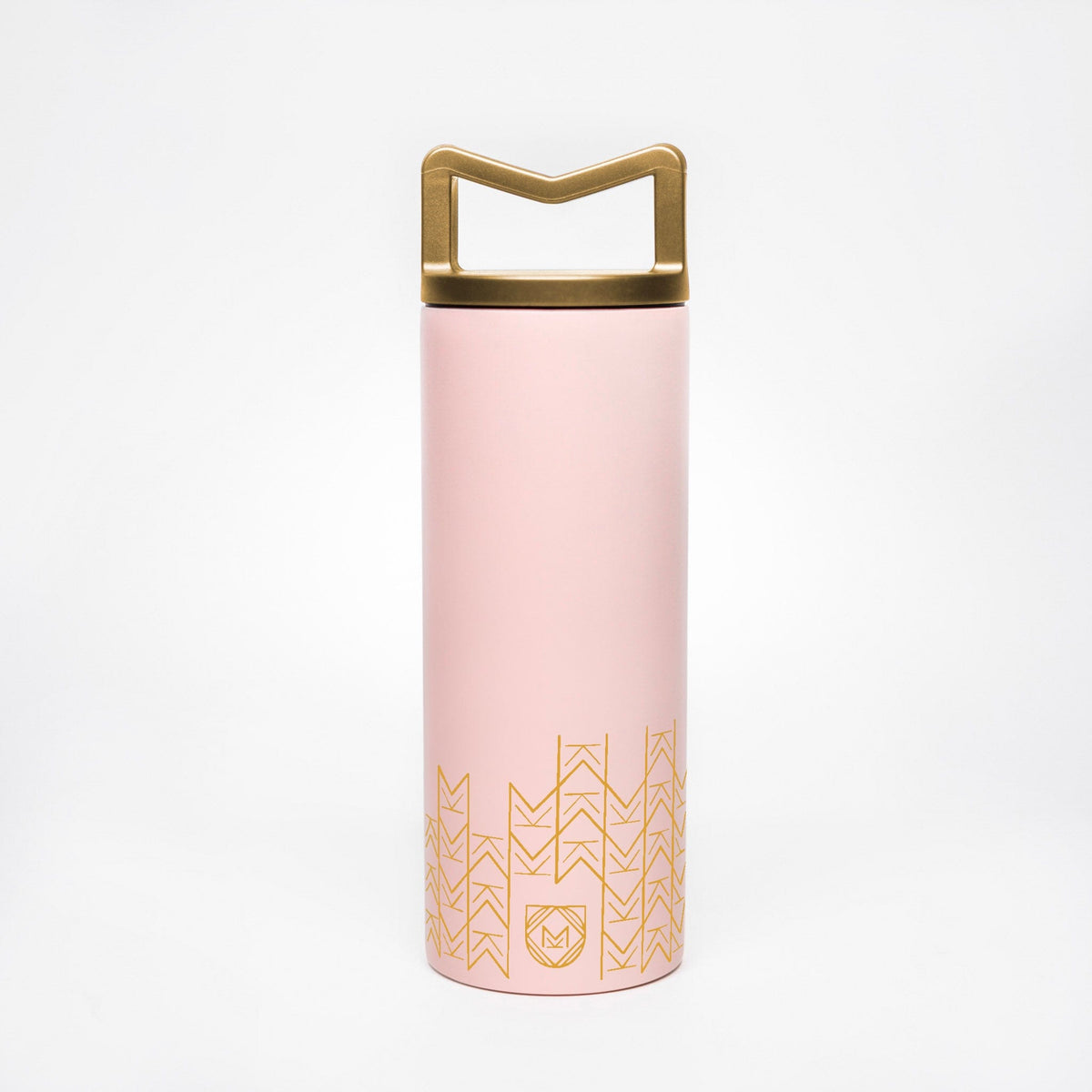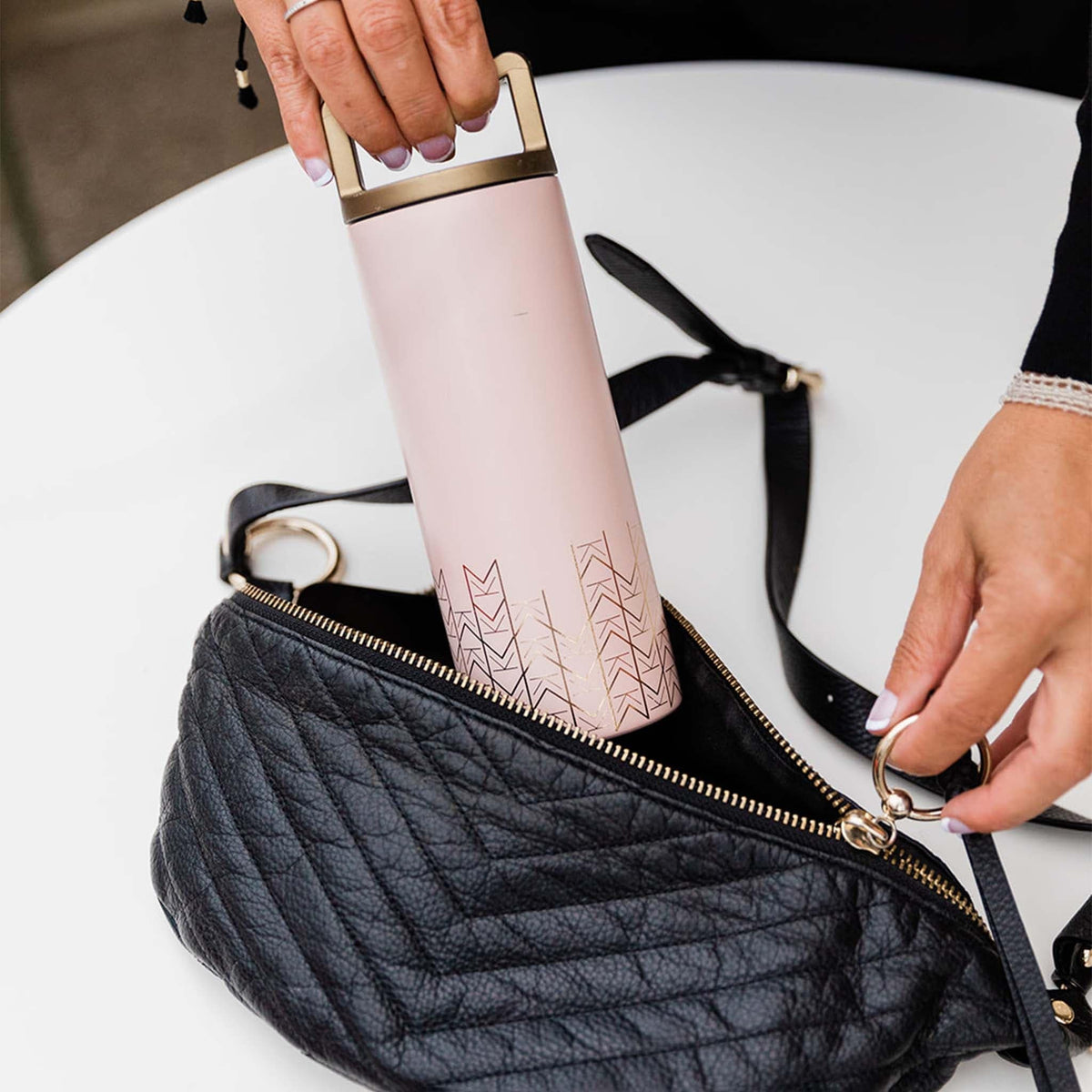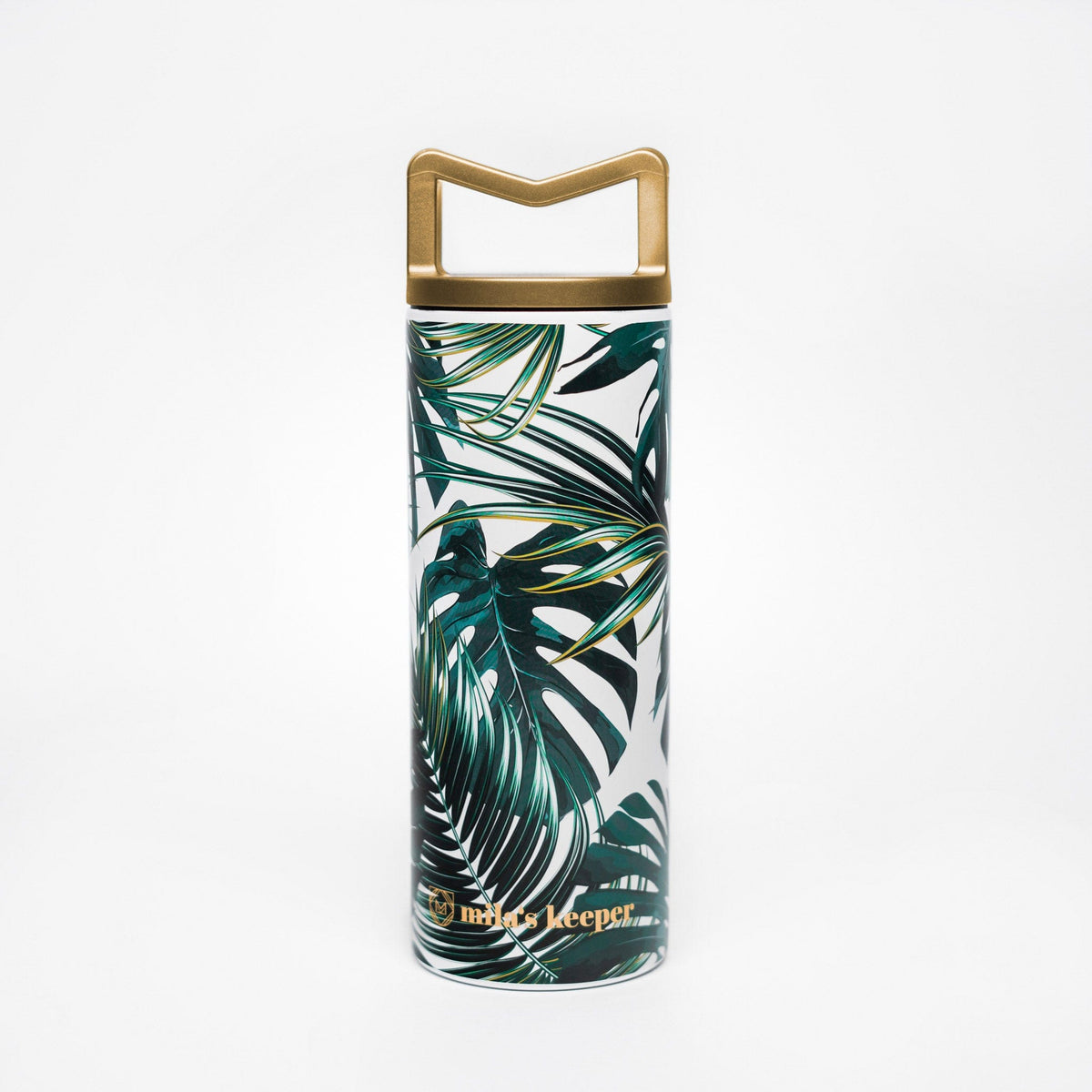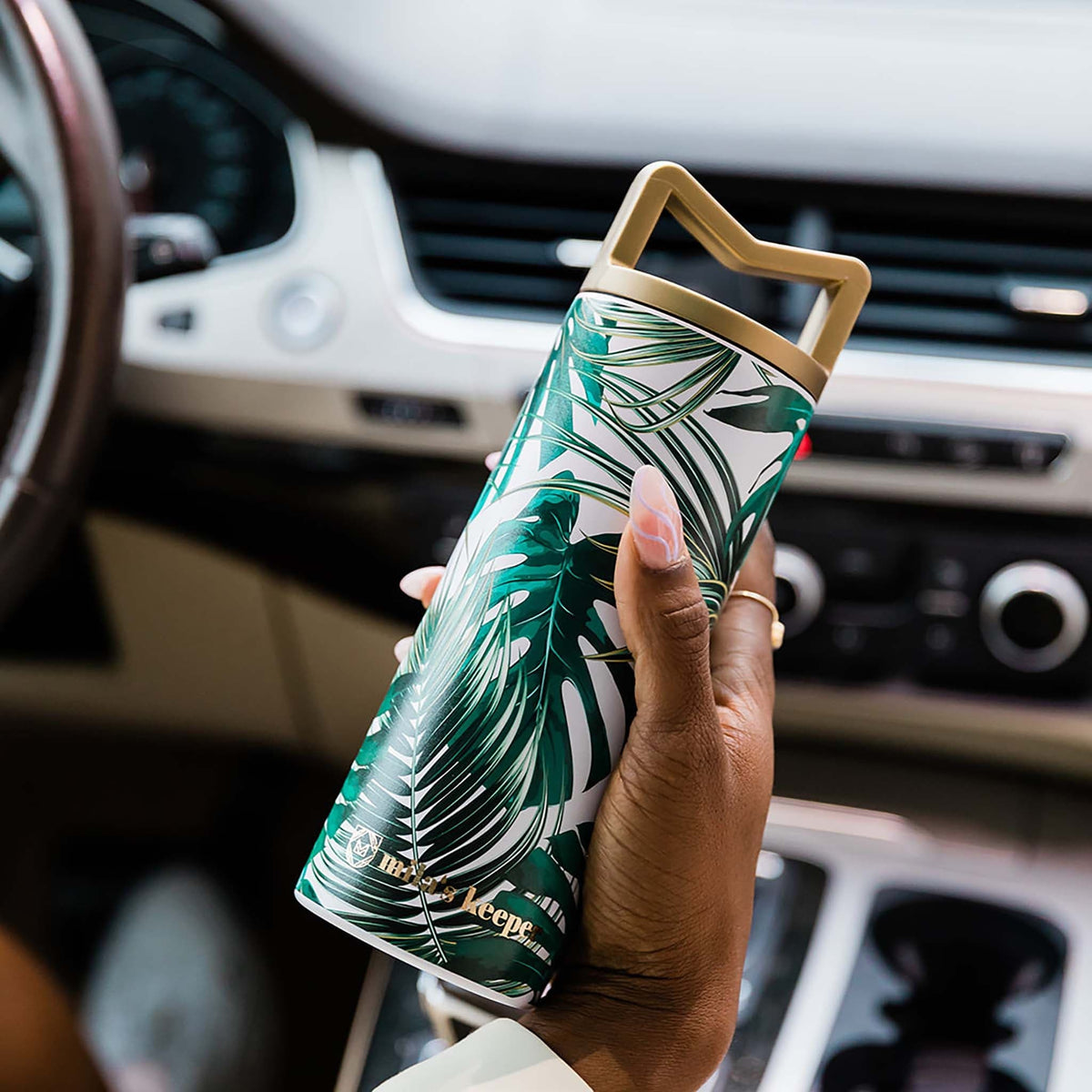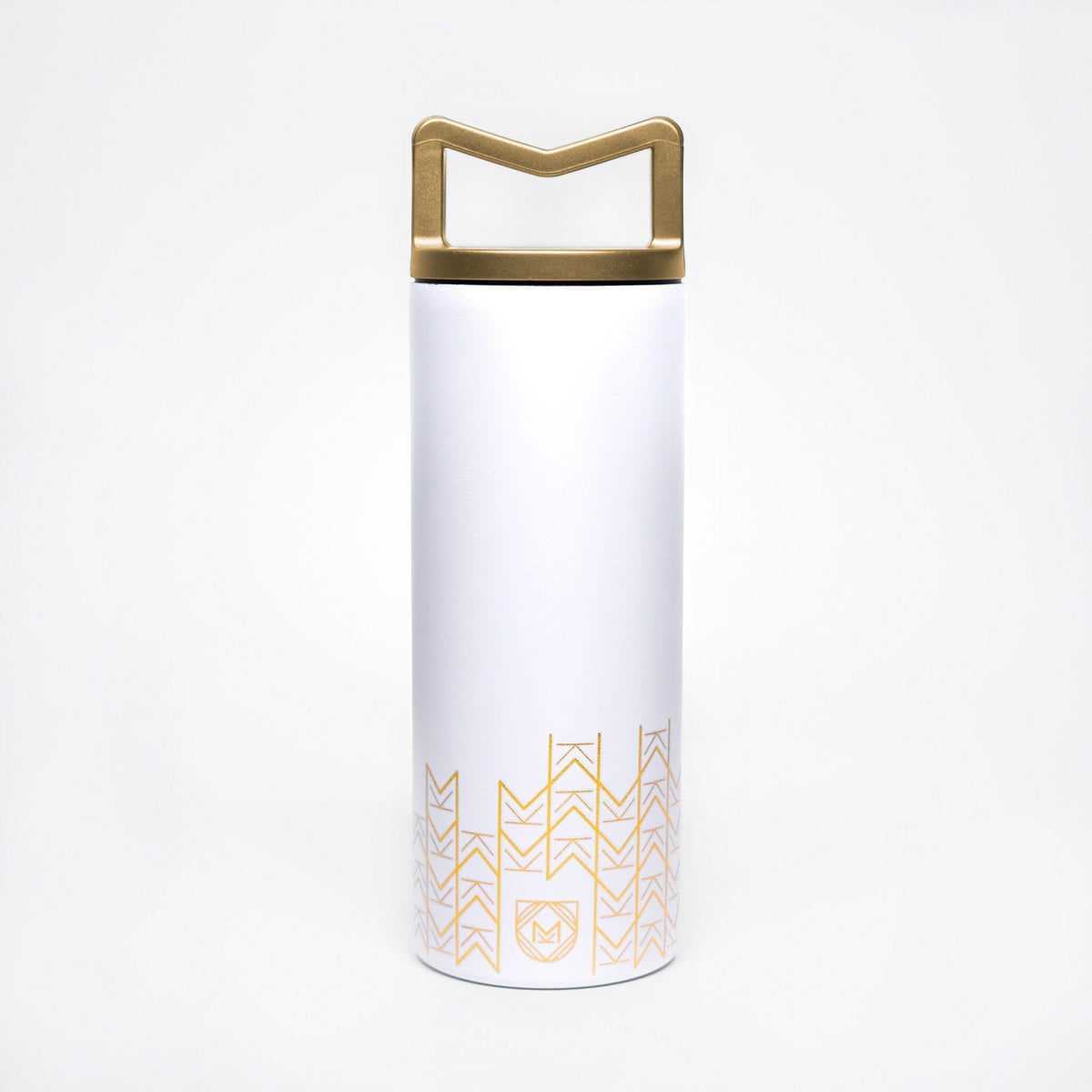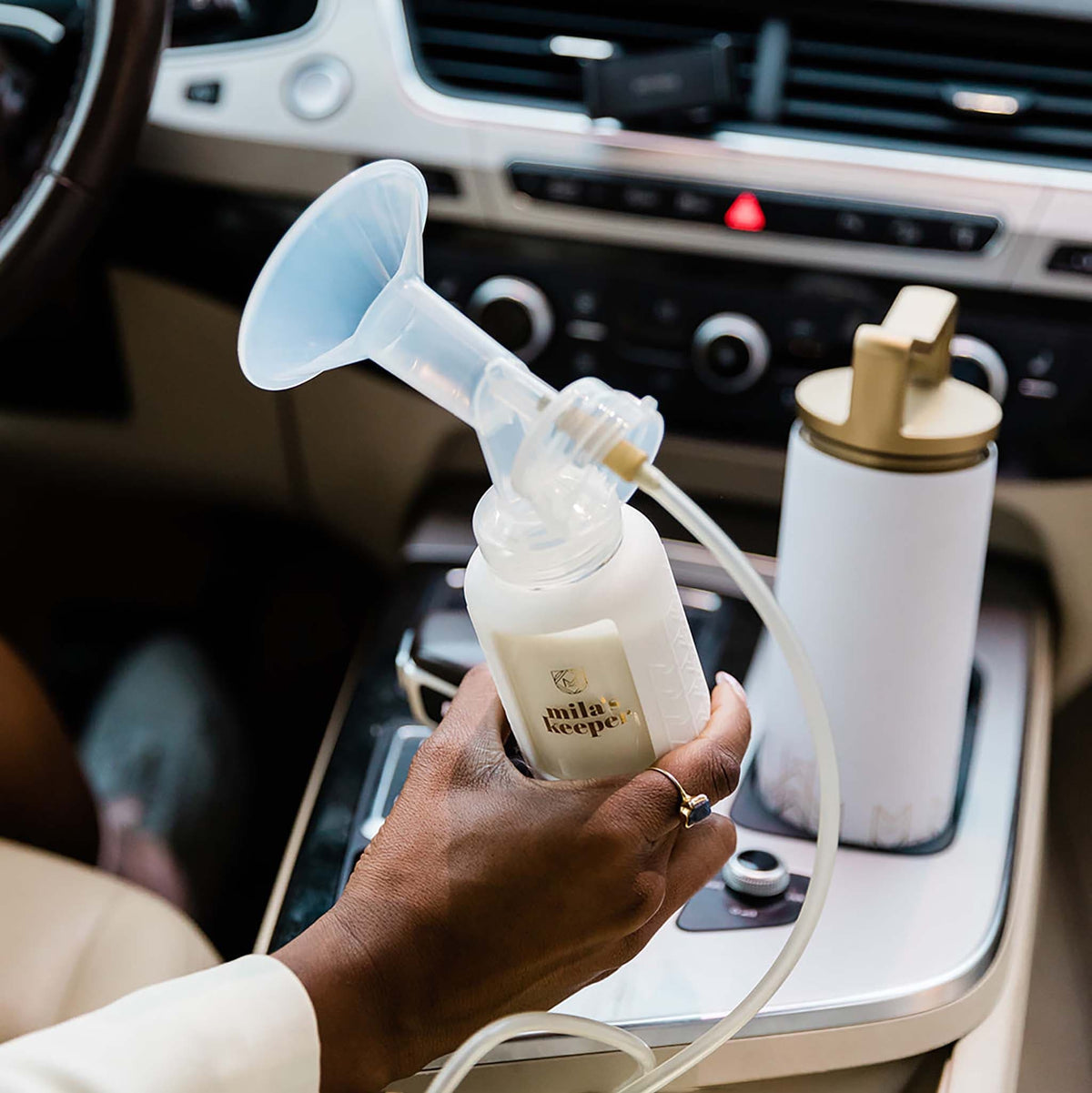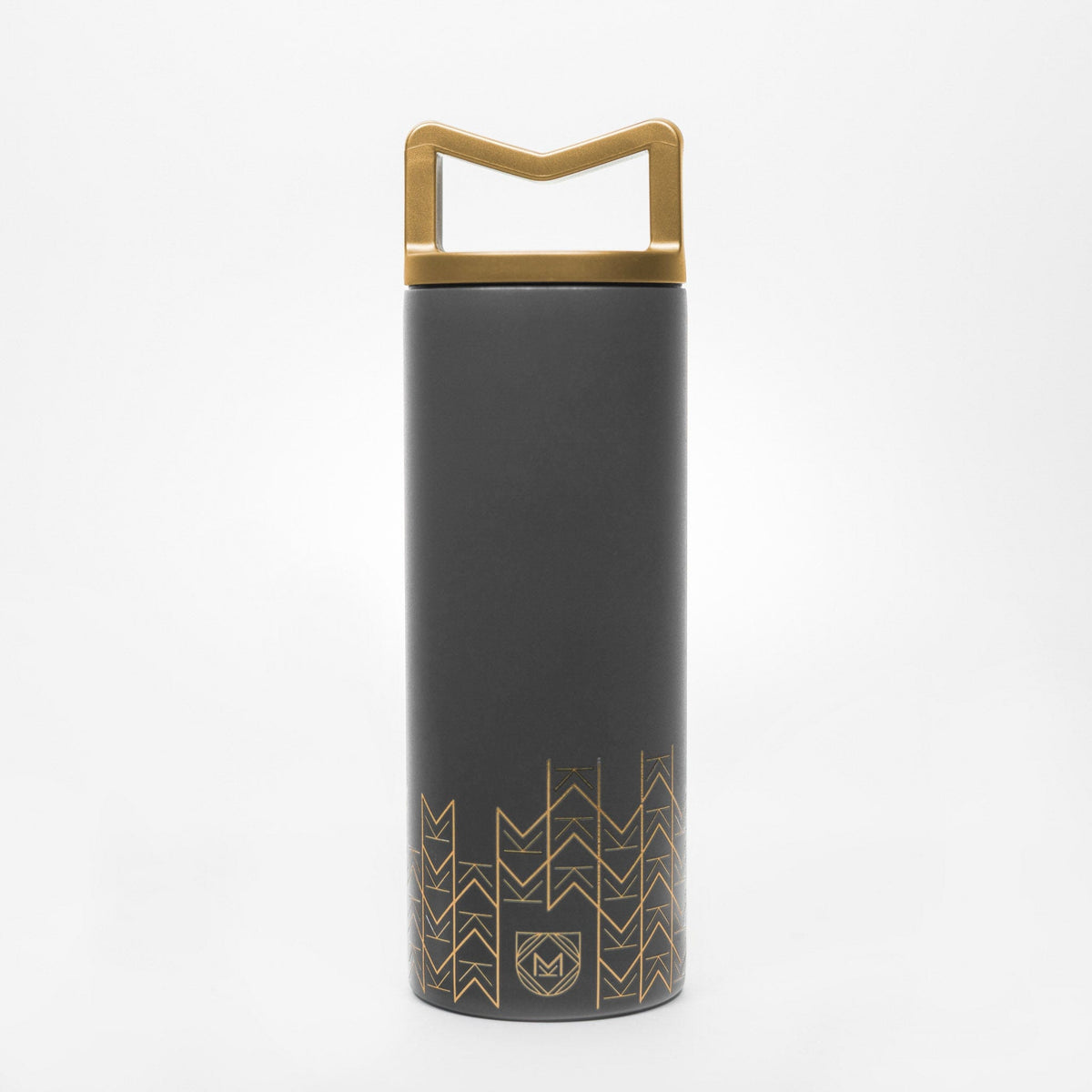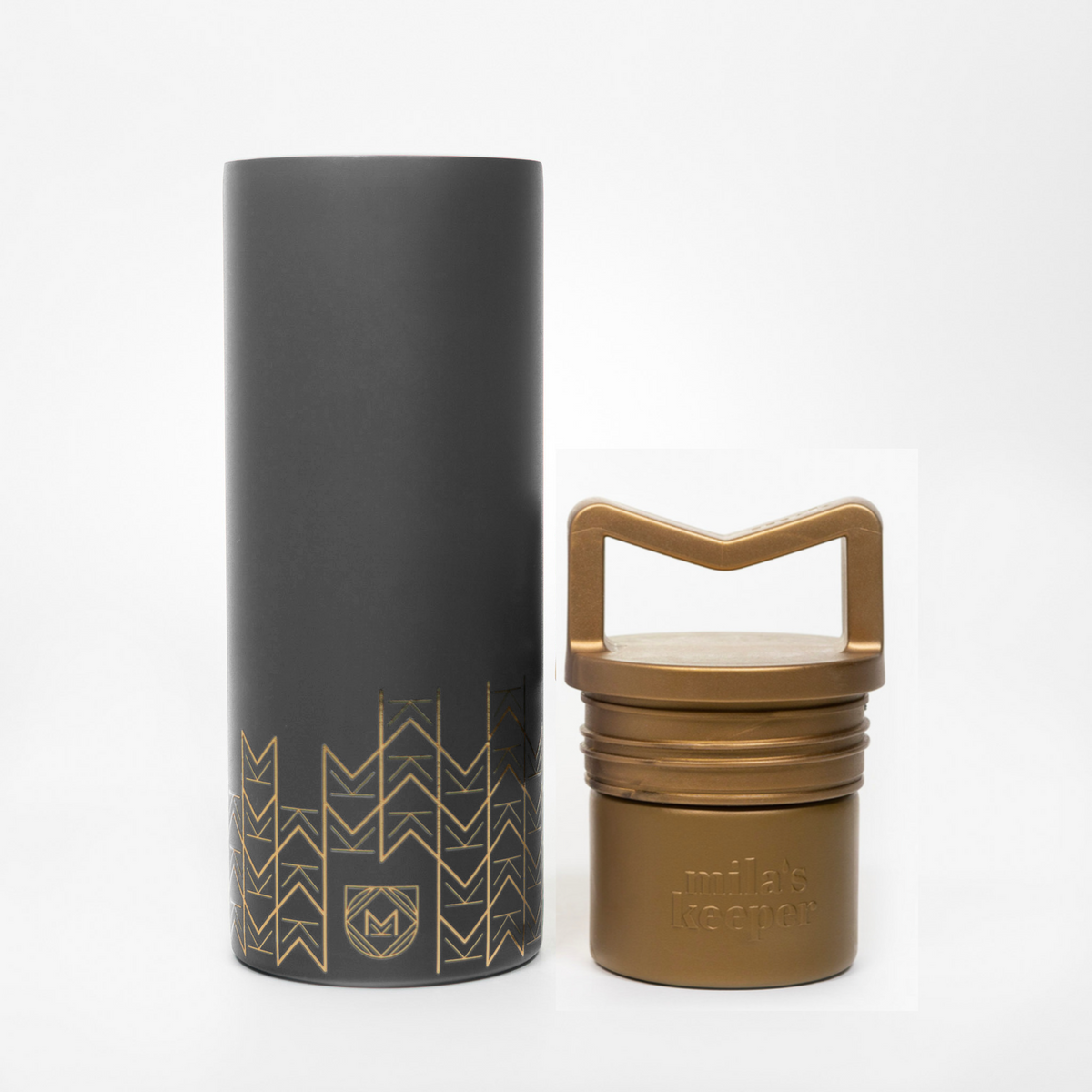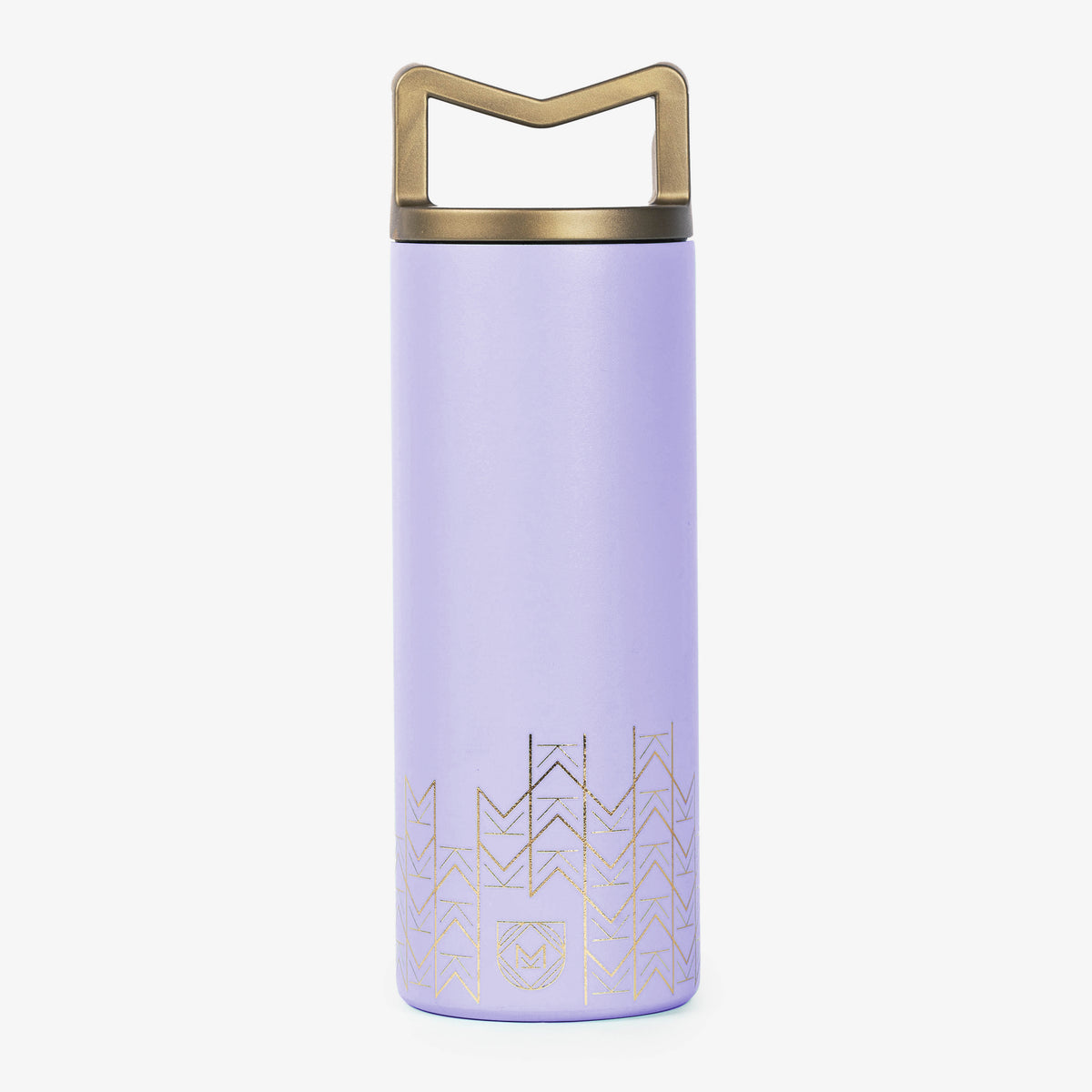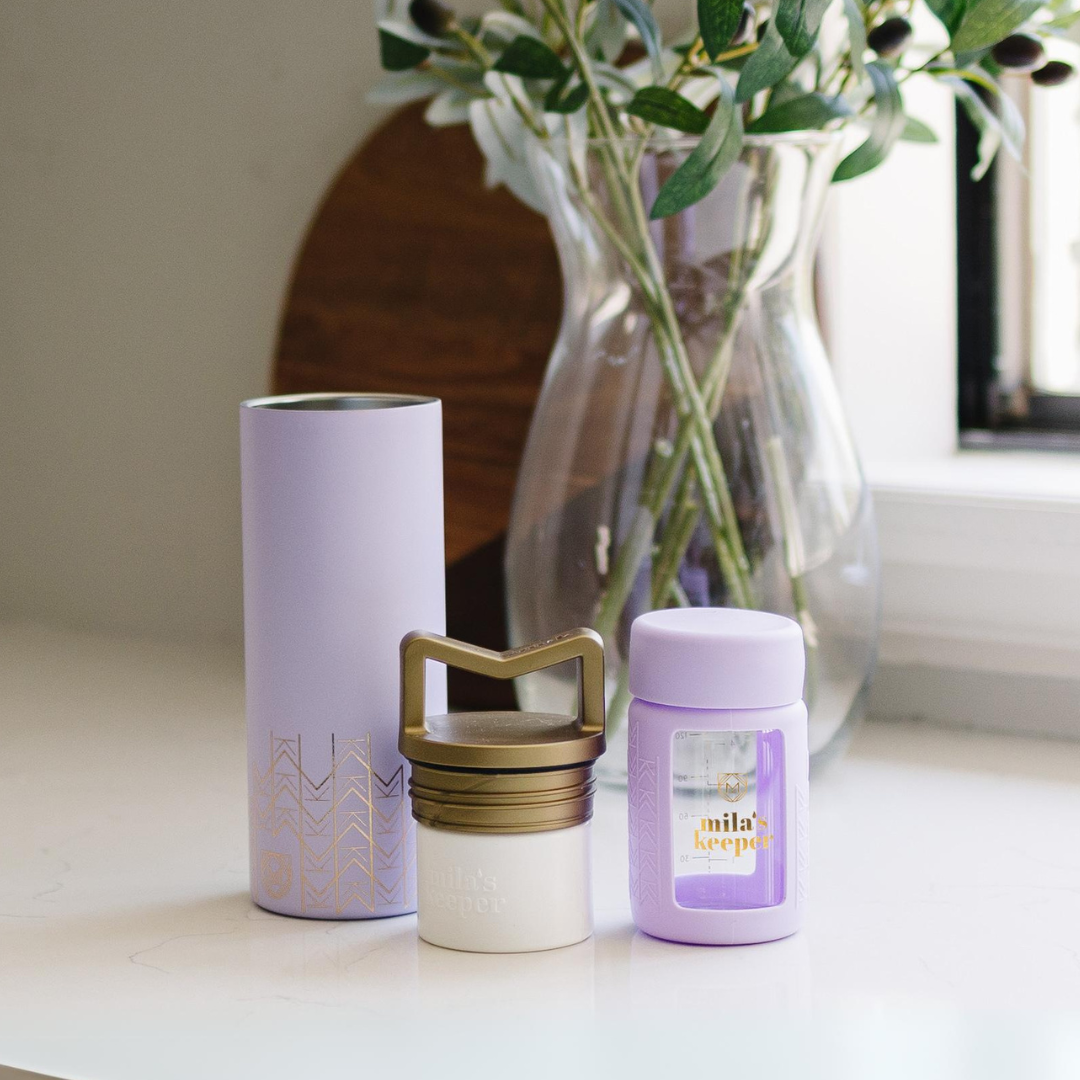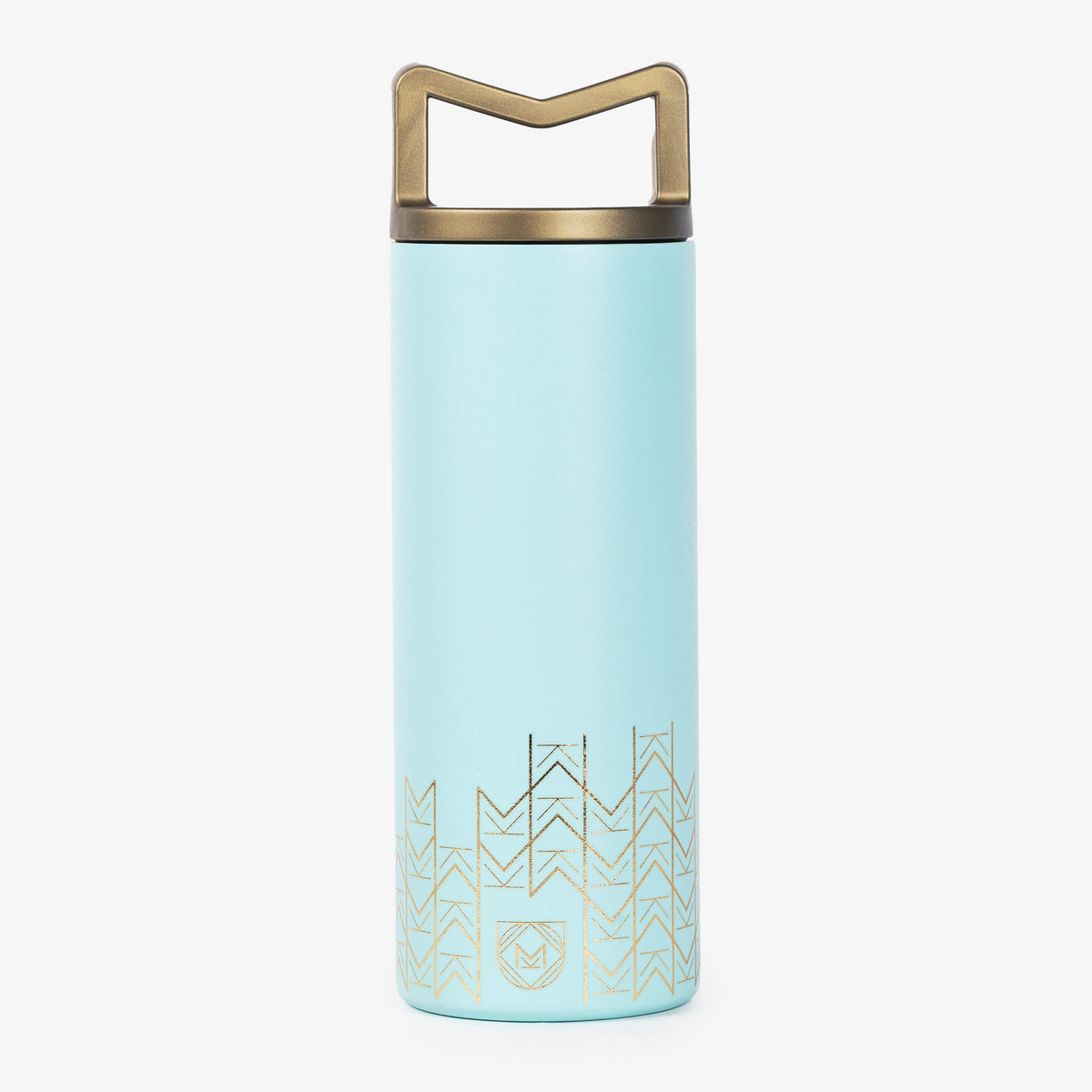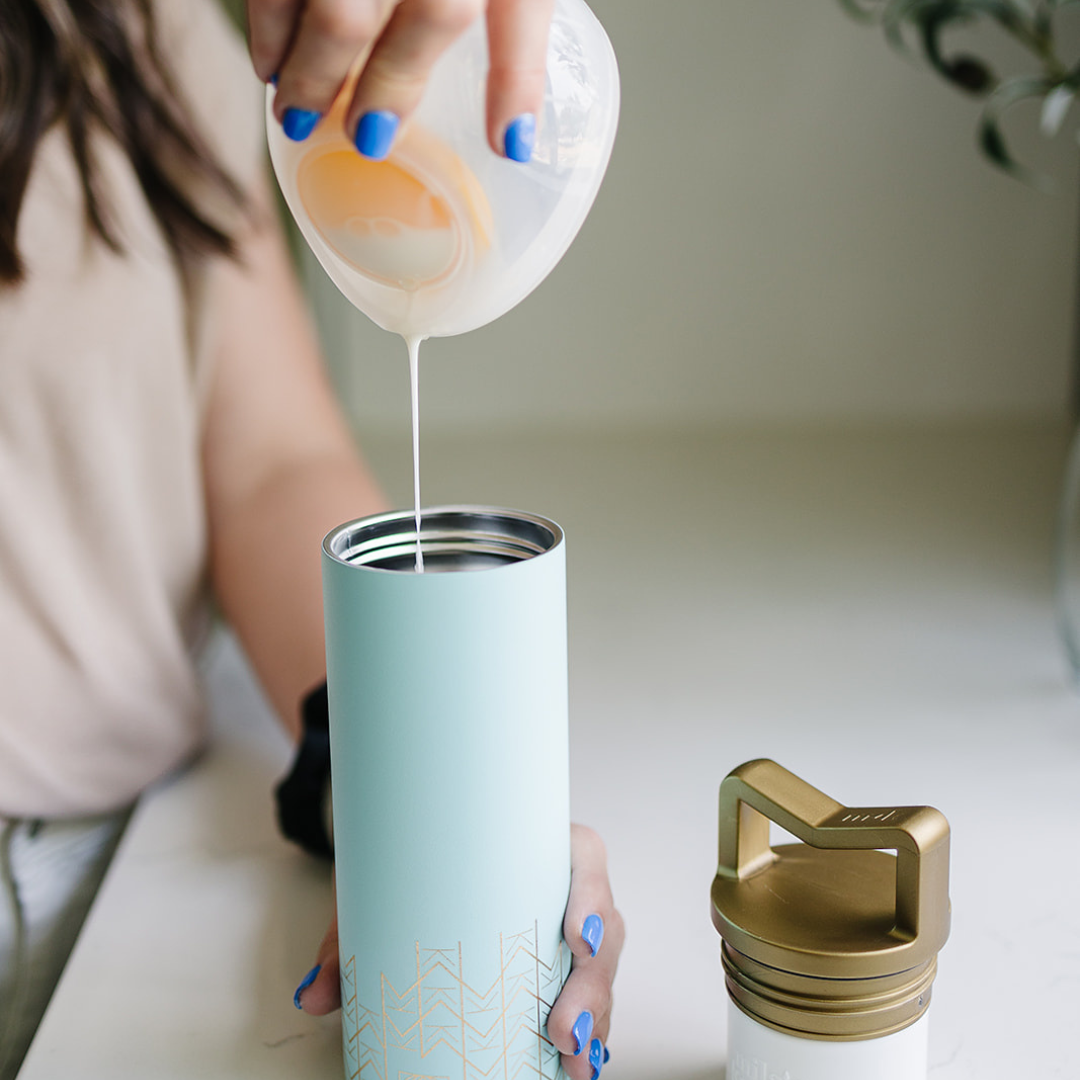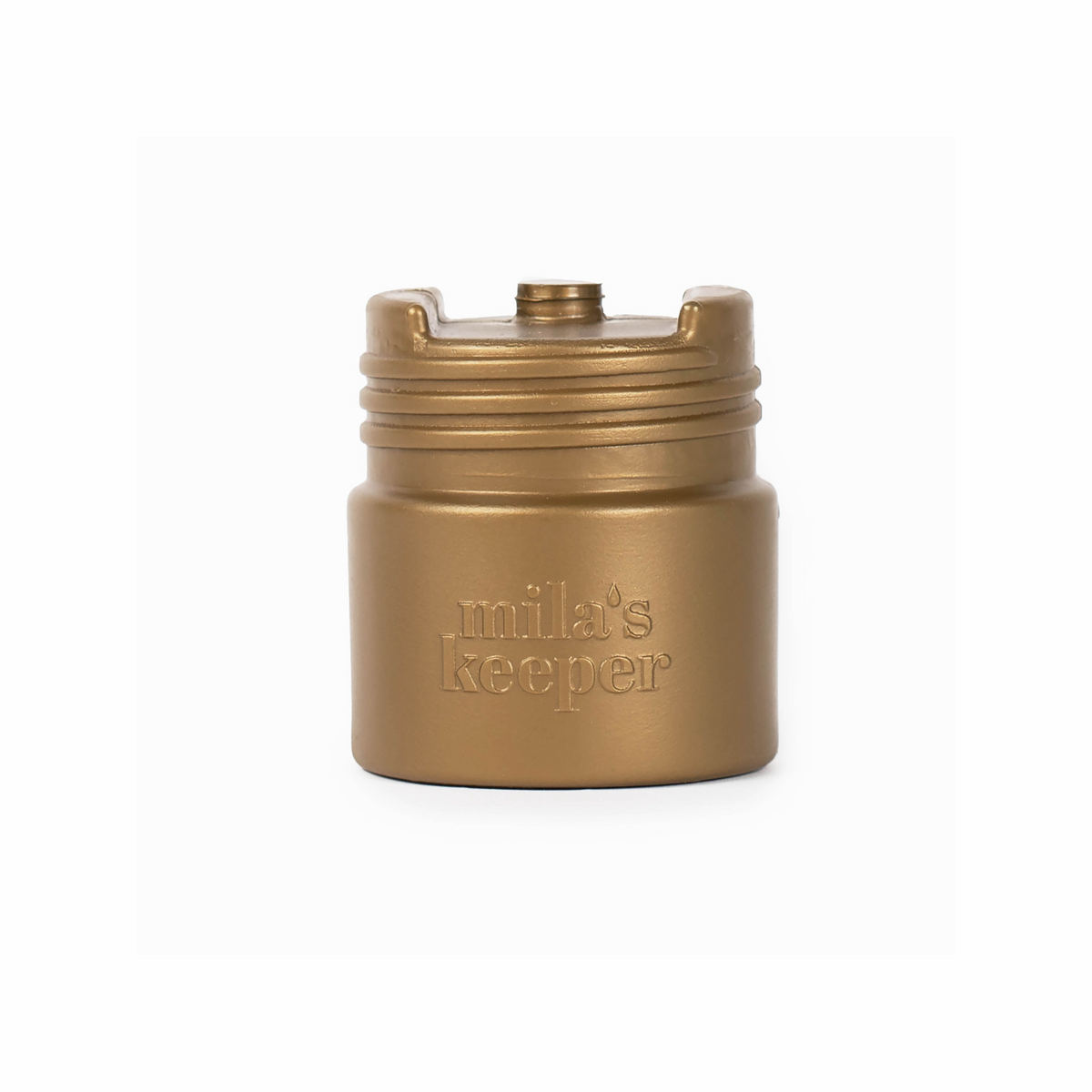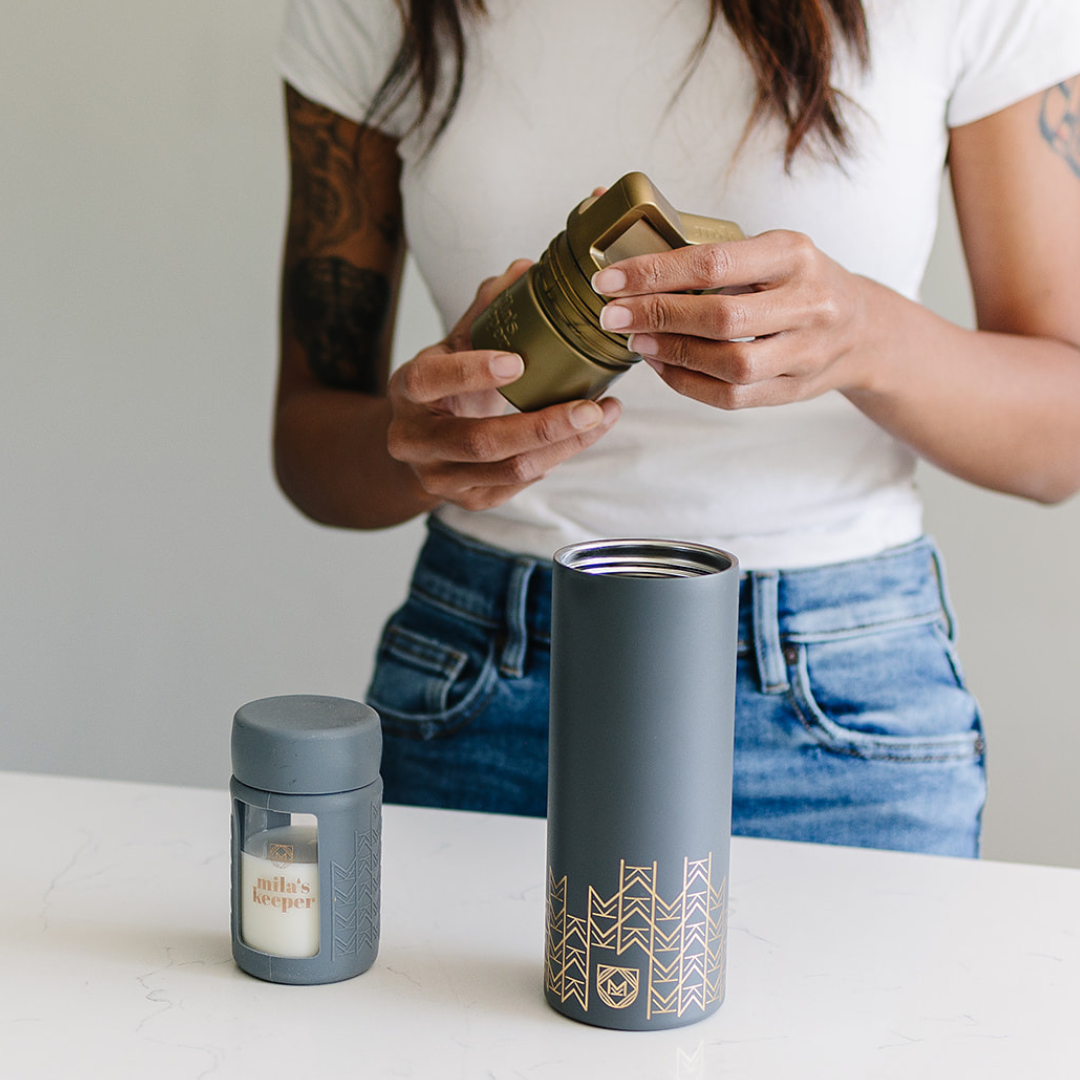There are a lot of terms out there that can be used when it comes to lactation and infant feeding. However, many of these terms we're used to hearing don't describe every parent.
The language we use in our everyday lives has immense power over those around us. Using words like "breastfeeding" and "motherhood" can exclude a large group of people who don't necessarily identify with this type of gender-specific language.
Not all lactating people or parents associate with the terms that we may be used to using. However, taking the time to use more inclusive language can help more than you may realize. So let's talk about why it matters!
See Related: 5 Things You Should Know About Exercise While Breastfeeding
1. More Inclusive Language Helps To Include All Parents
When it comes to lactation and infant feeding, there's a whole world of new terms to learn, especially for new parents. However, many lactating people and parents don't identify with all of these "traditional" terms we're used to.
Using gender-inclusive language can help provide support and recognition to parents who may not identify to fit cultural expectations. Not all infant-feeding parents are mothers, women, or someone who has even necessarily given birth. Transgender and non-binary parents exist, and sometimes they don't want to be referenced by gender-specific terms.
Regardless, everyone deserves to feel supported in the beautiful journey of parenting!
Recognizing and Respecting The Gender Identity Of Lactating Person
Creating open and respectful parenting and lactation community for everyone starts by using gender-inclusive language. You can easily swap terms like "chestfeeding" for "breastfeeding" and "human milk" for "breast milk." Sometimes it's that easy!
To respect and recognize lactating people or parents, use the individual terms they identify with. But that doesn't mean you can't ever use the gender-specific terms maybe you're used to using. For example, if someone wants to be referred to as a female breastfeeding mama, you can call them that too!

Unfortunately, many transgender people or members of the LGBTQIA+ community face discrimination or difficulties in the medical world. What's important is not always to assume the sex or gender, sexual orientation, or preferred pronouns of people you may meet. You never actually know what someone identifies as.
Many queer, transgender and non-binary parents face a mountain of judgment and obstacles regarding lactation and parenting. Inclusive language is vital to supporting trans parents and creating a supportive and welcoming culture.
Just be aware of how you can contribute to building a welcoming and open atmosphere for everyone. When it comes to feeding our children, we're all in this together - so let's support each other!
Inclusive Terms Apply To All Parenting Members
It's normal for families to consist of multiple members, and it's common to have two parents in each household. So using language that applies to all parenting members is a great way to involve each parent in the breastfeeding or nursing journey.
Even for non-lactating parents with a lactating partner, being surrounded by inclusive language can help to create a more welcoming environment. Involvement and communication are key to building a happy and healthy home for you and your children!
2. What You Say Matters
How we communicate is one of the significant ways that we shape our society and cultural values. As a result, the language we use carries a certain power, and it's important not to underestimate that!
 So, when it comes to lactation and parenting, using gender-inclusive language can truly go a long way in shaping how we think as a society. For a long time, nursing and breastfeeding were viewed as being solely related to women. However, many lactating people may identify differently.
So, when it comes to lactation and parenting, using gender-inclusive language can truly go a long way in shaping how we think as a society. For a long time, nursing and breastfeeding were viewed as being solely related to women. However, many lactating people may identify differently.
Using gender-neutral language can truly help support transgender and non-binary parents. Recognizing that some nursing or pregnant people may not want to be referred to by traditional female terms is one of the first steps!
The Power Of Gender-Inclusive Language
Each word we say is powerful and can influence many things - including how many people may think and feel. For example, respecting the identity of the lactating people around us can help them feel confident and empowered to be parents!
For your friends or people you come into contact with, it can go a long way to use language that acknowledges and respects their personal gender identity. And, of course, it's also okay if they want you to use gendered language. If you don't know what someone prefers, you can use gender-neutral language or just ask!
Bonus: 6 Tips For Breast Milk Storage: How Long Can Breast Milk Sit Out?
3. It Supports Those With A Human Milk Shortage
Sometimes, providing your child with human milk isn't as easy as it may seem. For many parents, exclusive breastfeeding isn't an accessible option; they must turn to other resources to feed their little ones. And that's more than okay!
That's where donated milk can play a vital role in providing families with milk for their children. Human milk can give babies numerous and plentiful health benefits, and it is essential to know your options for obtaining it.
What Happens If You Have A Formula Shortage
If you need to find human milk to feed your child, it's possible to be able to buy breast milk from milk banks or through a donor.
 For milk banks, it's a good idea to use milk from a Human Milk Banking Association of North America (HMBANA) accredited bank. Donated expressed milk can come from grief donors, gestational surrogates, or another lactating person who can produce milk to donate. But each donor must pass a set of screening guidelines to ensure that any donated milk is safe to be distributed. That way, you know you're getting something healthy and safe for your baby!
For milk banks, it's a good idea to use milk from a Human Milk Banking Association of North America (HMBANA) accredited bank. Donated expressed milk can come from grief donors, gestational surrogates, or another lactating person who can produce milk to donate. But each donor must pass a set of screening guidelines to ensure that any donated milk is safe to be distributed. That way, you know you're getting something healthy and safe for your baby!
Another more lax way to obtain breast milk is by informal milk sharing. This is an unregulated way that mothers or other lactating people can easily share their milk with those in need. There are many casual milk-sharing communities that are great for connecting families in need with those who can express milk to donate or sell.
However, this informal way carries risks you might not find through a milk bank. For example, informal donors can give unregulated and untested milk that may have been exposed to harmful substances. There are also cases where online donors dilute breast milk with water or even cow's milk to boost the volume of their milk products.
Just make sure that your milk source is trustworthy!
The Best Way To Store Human Milk
Another part of lactation and human milk is storing the milk used to feed your little ones. Here at Mila's Keeper, we know that every parent deserves to feel supported in their lactation and/or parenting journey.
Storing human milk correctly and keeping it cool when needed is a great way to ensure that any milk you get from a donor can stay healthy. Especially if you are transporting donated or sold human milk, it's important to store that liquid gold the right way. That includes keeping it cold during long travels.

That's why here at Mila's Keeper, we created our beautifully reliable insulated breast milk coolers, ideal for taking human milk anywhere on-the-go. No matter where you need to bring some milk, these portable coolers can keep it cold for up to 20 hours!
With our milk storage coolers, you'll have true peace of mind when transporting and storing any liquid gold you may need to take with you!
5. The Takeaway
When it comes down to it, we should always understand the importance and power of the words we say. This is because our language can determine a lot, not just for our lives but also for the people around us.
When it comes to parenting and lactation, it takes a whole community of support and compassion to build an empowering atmosphere for everyone involved. We're all on this beautiful parenting journey, including us here at Mila's Keeper!
Keep Reading: Here's What You Need To Know About Maternity Leave
--
A female-designed and female-run company, Mila's Keeper is on a mission to empower women to thrive during their breastfeeding journey by offering reusable, eco-friendly breast milk storage solutions for their day-to-day needs. Get the latest tips and info on Mila's Keeper products by following us on Facebook, Twitter, Instagram, Pinterest, and LinkedIn.

